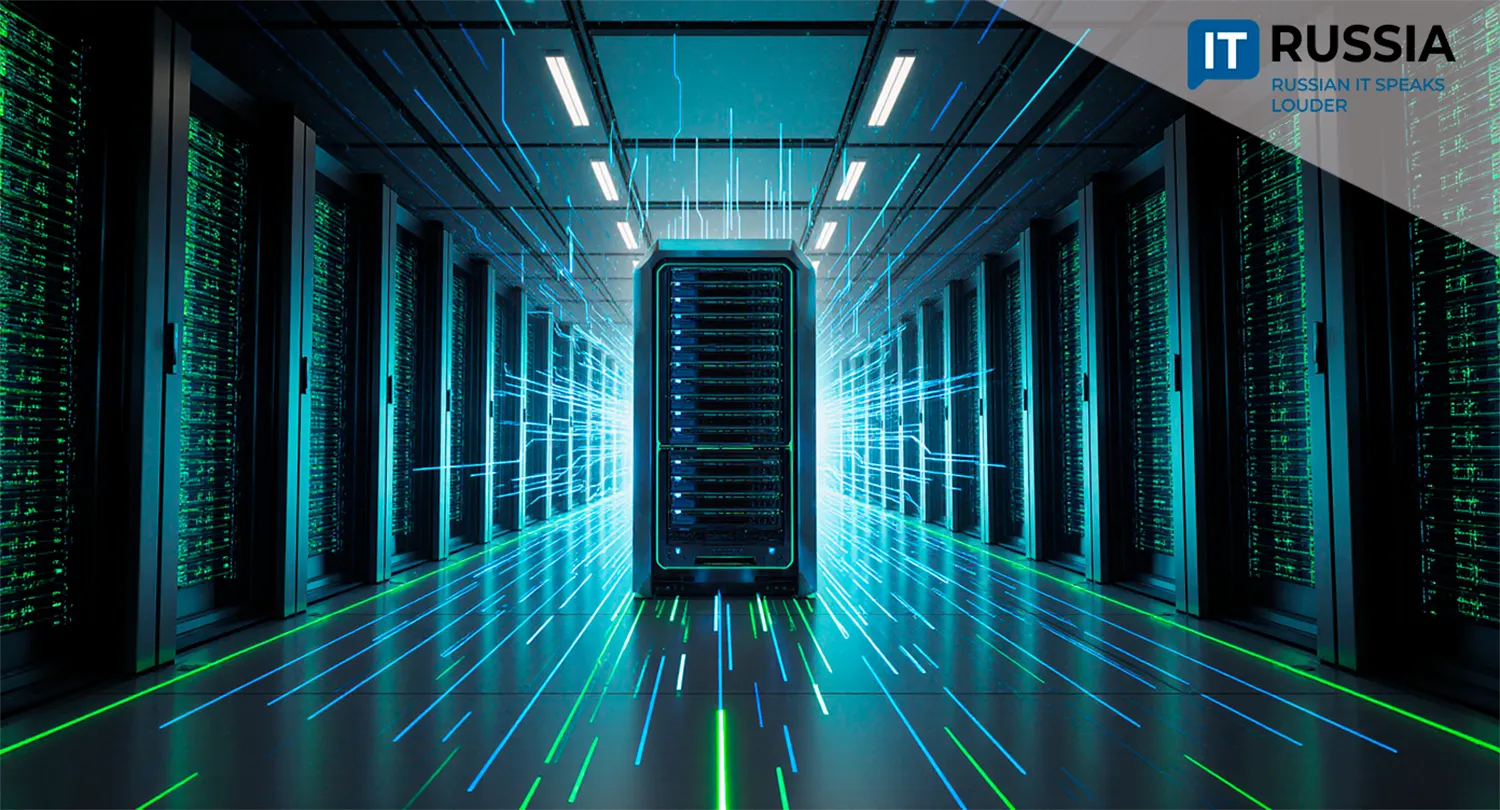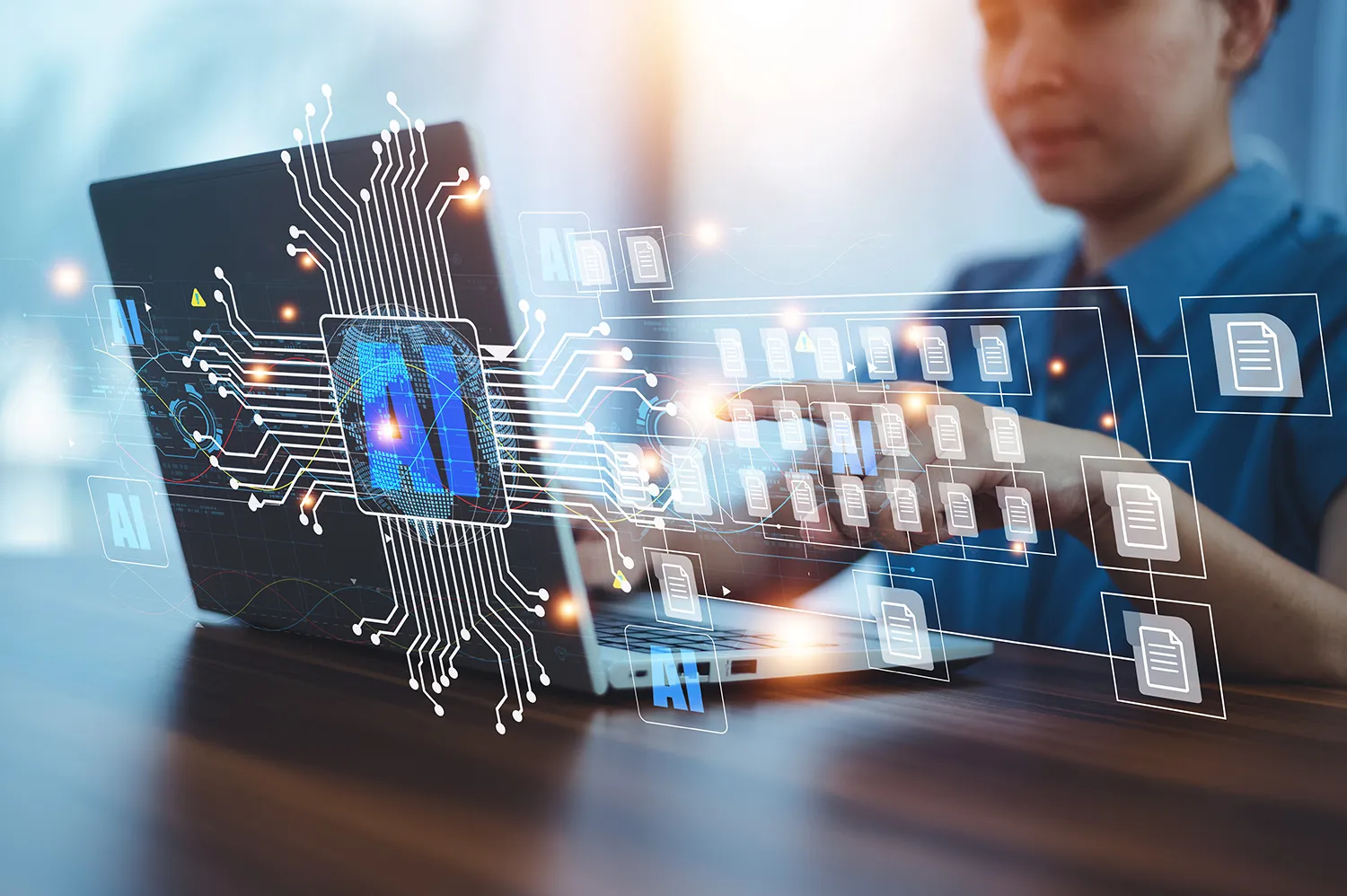Russia Strengthens Its Position in the Race for Technological Sovereignty
Russian industry is accelerating its push toward import substitution. The company Rosel has launched mass production of AI servers designed to replace foreign-made equipment at industrial sites and data centers.

A Full-Fledged, Localized Server Platform
Rosel Holding, part of the Rostec state corporation, has announced the start of mass production of a new line of Russian servers specifically designed for artificial intelligence (AI), big data processing, and high-performance computing. For the first time, the Russian market is seeing a fully localized server platform capable of replacing foreign analogues at industrial enterprises, data centers, research institutions, and government agencies.
Russian engineers have created hardware designed from the outset to work with domestic software. The result is more than just a server—it is a ready-made solution for practical applications: real-time data analysis, neural network operations, or supporting the virtual infrastructure of large enterprises.
The new line includes three key models: a universal server for a wide range of tasks, a data storage server optimized for large information volumes, and a high-performance server aimed at neural network training and operations. All stages—from design and assembly to warranty service—are carried out in Russia at the Research Center for Electronic Computing Technology (NICEVT), ensuring full control over the product’s life cycle.

Growing Trust in Russian IT Solutions
A key milestone will be the inclusion of this equipment in the Ministry of Industry and Trade’s unified register of Russian radio-electronic products and the completion of necessary certifications. Even at the launch stage, preliminary orders have been placed by both government agencies and commercial firms, showing the market’s readiness to switch to Russian-made solutions.
For the Russian IT sector, this step is strategically important. Under sanctions pressure and unstable global supply chains, developing domestic server production reduces dependency on foreign suppliers, especially in critical areas such as AI and big data.
For industrial enterprises and data centers, this is especially relevant. Modern production facilities increasingly rely on AI to predict equipment failures, optimize logistics, manage energy consumption, and ensure quality control.
The launch of Russian-made servers ultimately affects nearly every citizen, even those far removed from high tech. In today’s world, the ability to localize data processing is a key factor of sovereignty. A domestic server industry ensures that critical data of citizens and the state will be stored and processed within national jurisdiction.
Building a Resilient Digital Infrastructure
This move carries not only technological but also strategic weight. Dependence on imported servers, especially under sanctions, posed risks to national security, digital infrastructure stability, and business continuity.

For the Russian economy, the project means reducing technological dependency, accelerating digitalization, advancing AI and machine learning, creating new jobs in the high-tech sector, and stimulating related industries—from component production to software and AI development. With scaled-up production, a drop in ownership costs is possible: Russian servers, free from currency risks and logistics burdens, may make computing power more accessible for mid-sized companies and regional players.
Export prospects are also emerging, particularly in CIS countries, Asia, and Africa, where demand for independent IT solutions is growing. If Rosel’s servers prove competitive in price, reliability, and energy efficiency, they could carve out a niche in the global market.
Sanctions as a Catalyst for Domestic Development
Russia’s server industry did not appear overnight. It already includes companies such as Depo, Graviton, GAGARIN, UTINET, Aquarius, Ricor Electronics, Norsi-Trans, and Yadro. Some of these firms have been operating for 10–20 years, building loyal customer bases, service networks across the country, partnerships, and manufacturing facilities with annual capacities in the tens of thousands of units.

Until recently, attempts at import substitution in server production often faced challenges with performance, energy efficiency, and component availability. But sanctions pressure—initially intended to curb development—has worked as a strong catalyst for Russian engineering.
Challenges remain: competition with foreign manufacturers, especially in specialized AI accelerators (GPU, TPU); reliance on certain imported components; and the need to prove reliability in real-world conditions. Still, state support, advance orders, and the full production cycle within Russia significantly mitigate these risks.
In the coming years, servers are expected to spread actively into key industries—energy, transport, telecom, healthcare, and defense. This is more than the launch of a new product—it is a foundation for the country’s technological future.










































